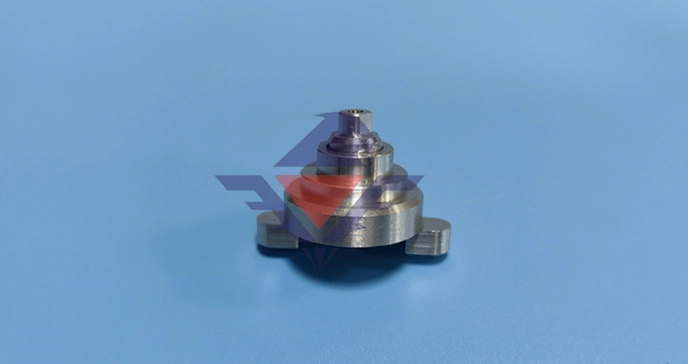
# Swiss Screw Machining: Precision and Efficiency in Small Part Manufacturing
## Introduction to Swiss Screw Machining
Swiss screw machining, also known as Swiss turning or Swiss-style lathe machining, is a specialized manufacturing process that excels in producing small, high-precision components. This advanced machining technique has revolutionized the production of complex parts with tight tolerances, particularly in industries where precision is paramount.
## The Unique Advantages of Swiss Screw Machines
Unlike conventional lathes, Swiss screw machines offer several distinct benefits:
– Exceptional precision for small diameter parts
– Ability to machine complex geometries in a single setup
– Reduced material waste through efficient bar stock feeding
– High production rates for small components
– Improved surface finishes compared to traditional turning
## How Swiss Screw Machining Works
Keyword: Swiss Screw Machining
The Swiss machining process differs from conventional turning in its unique approach to part support and tool movement. The key components include:
### Guide Bushing System
The guide bushing provides support close to the cutting area, minimizing deflection in long, slender workpieces. This feature is particularly valuable when machining parts with length-to-diameter ratios that would be problematic on standard lathes.
### Sliding Headstock
The headstock moves along the Z-axis while the tools remain stationary, allowing for precise control over the cutting process. This configuration enables the machine to maintain tight tolerances even on delicate parts.
## Applications Across Industries
Swiss screw machining serves numerous industries that demand high-precision components:
### Medical Device Manufacturing
The medical industry relies heavily on Swiss machining for producing surgical instruments, implants, and diagnostic equipment components that require micron-level precision.
### Aerospace Components
Critical aerospace parts such as fasteners, connectors, and sensor components benefit from the Swiss machining process’s ability to maintain tight tolerances in exotic materials.
### Electronics and Microtechnology
The electronics industry utilizes Swiss machining for producing connectors, pins, and other miniature components essential for modern devices.
## Material Versatility
Swiss screw machines can work with a wide range of materials, including:
– Various grades of stainless steel
– Titanium and other exotic alloys
– Plastics and engineered polymers
– Brass and copper alloys
– Aluminum and its alloys
## Choosing the Right Swiss Machining Partner
When selecting a Swiss machining service provider, consider these factors:
– Experience with your specific industry requirements
– Quality control measures and certifications
– Equipment capabilities and technological advancements
– Capacity for prototyping versus high-volume production
– Material expertise and finishing options
## The Future of Swiss Screw Machining
As manufacturing demands continue to evolve, Swiss screw machining technology is advancing with:
– Increased automation and robotics integration
– Enhanced CNC controls for greater precision
– Improved tooling materials and coatings
– Better monitoring systems for quality assurance
– Expanded capabilities for micromachining applications
Swiss screw machining remains at the forefront of precision manufacturing, offering solutions that combine efficiency with exceptional accuracy for small part production.